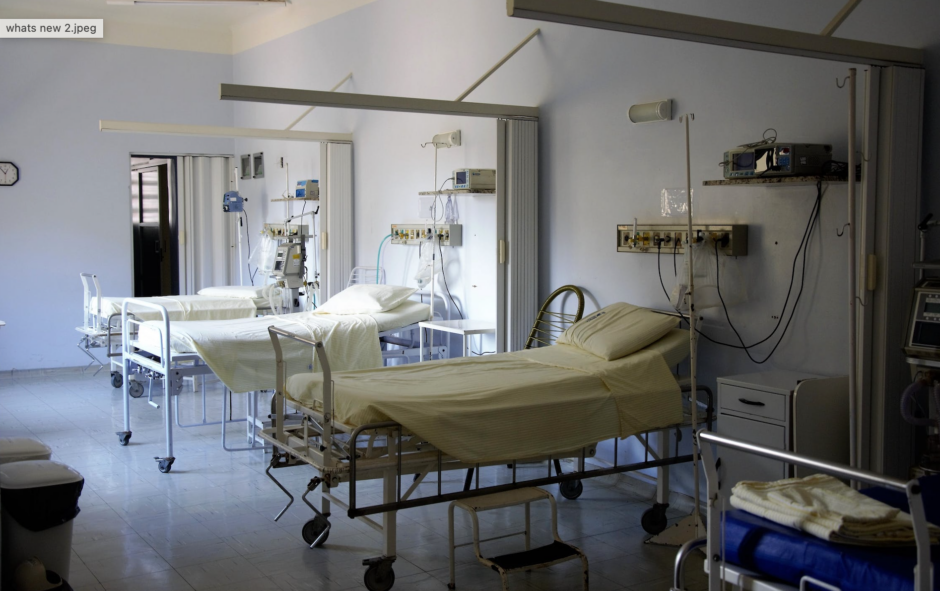PATIENTS hospitalised due to COVID-19 with end-stage renal disease (ESRD) showed better outcomes than patients with non-dialysis chronic kidney disease (CKD), an observational, retrospective study from New York City, New York, USA, reported. Patients with CKD are known to have impaired immunity, an increased risk of infection-related mortality, and worsened COVID-19 outcomes; however, data comparing patients with ESRD and non-dialysis CKD is limited, and led Minesh Khatri, Clinical Assistant Professor of Medicine and Associate Programme Director of the Nephrology Fellowship, New York University Winthrop Hospital, and colleagues to investigate the different outcomes experienced in relation to COVID-19 infection.
The study observed adult patients at three New York hospitals who had tested positive for COVID-19 between March and August 2020. Electronic health records were used to split the patients into non-CKD, non-dialysis CKD, and ESRD cohorts and document outcomes such as intensive care unit (ICU) admission, mortality rates, and hospital mortality. Of the 3,905 patients observed, the mean age was 66 years, 60.2% were male and 39.8% were female, 36.7% had diabetes, 60.8% had hypertension, and 84.2% had a major chronic condition. Non-dialysis CKD was present in 588 patients (15.1%) and ESRD in 128 patients (3.3%). Patients with non-dialysis CKD and ESRD had a greater prevalence of comorbidities, while ICU admission rates were similar across the three groups.
The overall unadjusted hospital mortality was 23.6% for non-CKD, 27.3% for ESRD, and 33.5% for non-dialysis CKD. Among the patients in the ICU, the mortality was 56.1%, 56.3%, and 63.5%, respectively. Status of ESRD and non-CKD had a reduced mortality when compared to non-dialysis CKD after adjusted analyses, and patients with ESRD had a better overall outcome than those with non-dialysis CKD.
“Overall, these data support the idea that the presence of ESRD does not independently increase the risk of death or COVID-19-related critical illness, and that high reported mortality rates in this population are likely due to clustering of unfavourable demographics and comorbidities,” commented Khatri.








